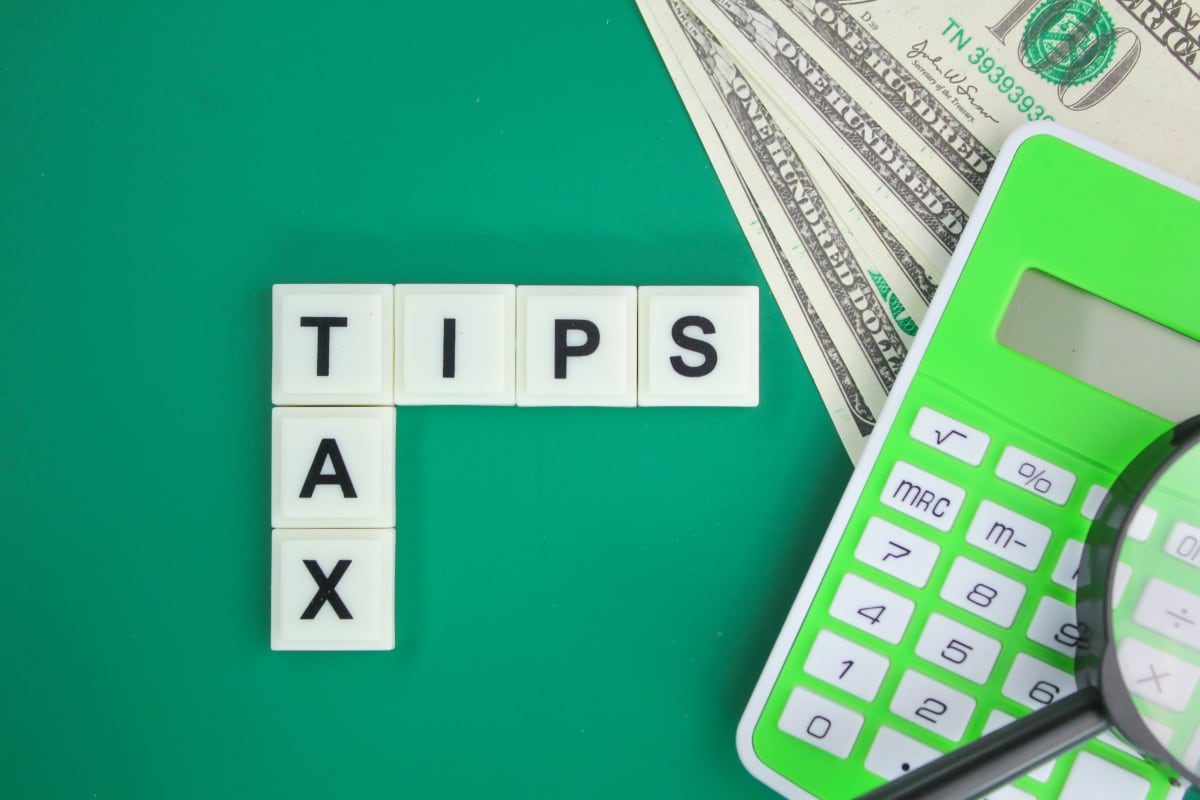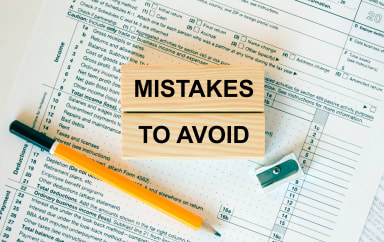Ahh, the joys of self-employment – being your own boss, setting your own hours, doing what you like, and, oh yes, establishing a life-long bond with your accountant. Being self-employed also means being responsible for a wide range of critical tax-related duties.
And for most of the more than 20 million self-employed Americans, that means tapping the tax expertise of a CPA or other tax pro. Going solo in business is one thing, but most business owners save time, money and grief by letting a trained tax warrior fight their tax battles.
For new business owners, taxes are a good-news/bad-news proposition. While many tax traps can bite you, there are also attractive tax perks. Here are some tax recommendations for self-employed entrepreneurs from top tax pros:
Understand the self-employment (SE) tax. Newly-minted solo operators are often stunned to discover there’s an additional tax for being self-employed. Here’s why. When you work for someone else, your employer pays part of your Social Security and Medicare taxes. People who are self-employed must pay both portions.
The term “self-employment tax” is itself confusing. It ONLY refers to Social Security and Medicare taxes, and does not include all the other taxes a self-employed person has to pay. Self-employment tax is similar to the Social Security and Medicare taxes withheld from the pay of most wage earners.
You can calculate self-employment tax (SE tax) yourself using Schedule SE (Form 1040). Social Security and Medicare taxes of most wage earners are figured by their employers. Also note that you can deduct the employer-equivalent portion of your SE tax in figuring your adjusted gross income. (Wage earners cannot deduct Social Security and Medicare taxes.)
Make estimated tax payments on time. Employees have taxes automatically deducted from paychecks. But if you’re flying solo, it’s likely that no one is withholding federal and state taxes from your income. You’ll need to make quarterly estimated tax payments on your own, using IRS Form 1040-ES to cover your federal income tax and self-employment tax liability. And you may have to make state estimated tax payments as well.
Employ family members to save taxes. Hiring a family member to work for your business can create tax savings for you – in effect, you shift business income to your relative. But the IRS can question compensation to a family member if it’s unreasonable for the services actually performed. So be sure to pay a market rate.
Set up a business retirement plan. With such a plan, your business may get an immediate federal income tax deduction for funding the plan. And you can generally place pre-tax dollars into a retirement account to grow tax deferred until withdrawal. Types to choose from include a Keogh plan, Simplified Employee Pension (SEP), SIMPLE IRA, SIMPLE 401(k) and Individual 401(k).
Deduct health-care related expenses. You may be able to benefit from the self-employment health insurance deduction, which lets you deduct health insurance for yourself, your spouse and your dependents. This deduction is taken on the front of your federal Form 1040 when computing your adjusted gross income, so it’s available whether you itemize or not.
Take all the business tax deductions you can. For example: Deduct business expenses for operating your car, truck or van. Use either the standard IRS mileage allowance (56 cents per mile for 2021; increases to 58.5 for 2022), or your actual business-related vehicle expenses. Deduct the appropriate portion of business meals, travel and entertainment expenses; and write off bad debts.
Get your 1099 and W2s filed on time. You could be subject to late filing fees if you don’t file on time.
Disclaimer: The content on this page is for informational purposes only, and does not constitute legal, tax, or accounting advice. If you have specific questions about any of these topics, seek the counsel of a licensed professional.
Content by SCORE.org
SCORE is a nonprofit association dedicated to helping small businesses get off the ground, grow and achieve their goals through education and mentorship.
Tax Information and Resources





